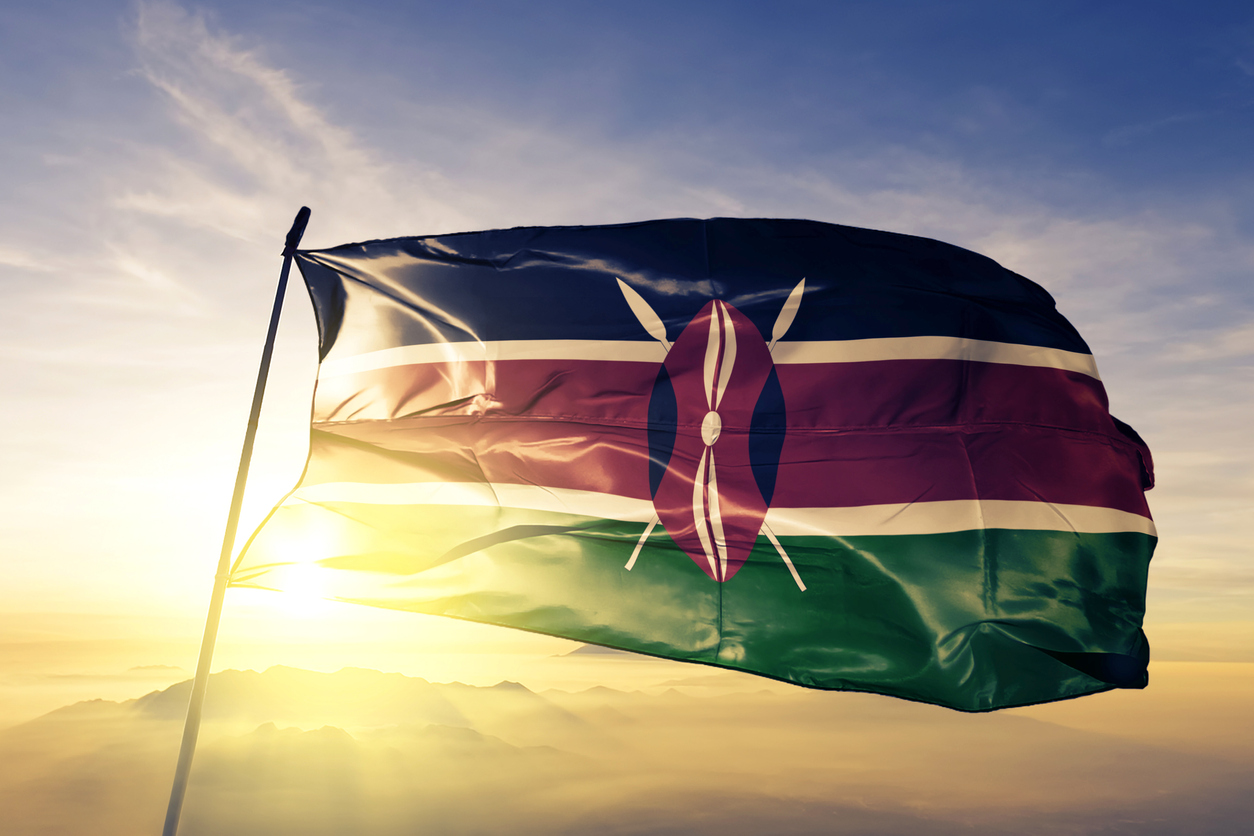A Step-by-Step Guide to Shipping Goods from Nigeria to Kenya
A Step-by-Step Guide to Shipping Goods from Nigeria to Kenya
The process of shipping goods from Nigeria to Kenya can be daunting and complex. Whether you’re a business owner or an individual looking to send a package to a friend or family member, understanding the various steps involved can be overwhelming. Fortunately, this step-by-step guide has been designed to help you navigate the process of shipping goods from Nigeria to Kenya with ease. From preparing your documents to choosing the right shipping method, this guide covers all the essential steps that must be taken to ensure a smooth and successful shipment of your goods. With the right information and guidance, you can be sure that your goods will arrive safely and on time. So, let’s get started and learn how to ship goods from Nigeria to Kenya.
Essential documents for shipping goods from Nigeria to Kenya
When shipping goods from Nigeria to Kenya, you’ll need to present the Kenyan authorities with a number of essential documents. These documents are proof that: your goods have been legally acquired and are permitted for import into Kenya your goods are being shipped under safe conditions your goods are being shipped by a licensed and reputable carrier your goods have been declared and valued. If you don’t have these documents, your goods could be held up in customs, leading to delays and additional costs. As such, it’s vital that you understand what documents are required and have them handy when shipping from Nigeria to Kenya.
Customs documents: As the name suggests, customs documents are used for the Kenyan authorities to assess and determine whether your goods can be imported into Kenya. This includes information like the type of goods, the quantity, and the value of your goods. There are two types of customs documents that can be used to import goods from Nigeria to Kenya. These are: a customs declaration form a commercial invoice.
Customs declaration form: A customs declaration form is used when the goods being shipped are under the value of $500 and are not taxable. The form can also be used when you don’t have a commercial invoice, so long as the goods being shipped are not taxable. If they are taxable, then you’ll need to use a commercial invoice.
Commercial invoice: A commercial invoice is used when the goods being shipped are taxable. This means that the government will be able to collect taxes from the goods being shipped. If the goods are not taxable, then you’ll need to use a customs declaration form.
Different shipping methods and costs
Shipping methods: When shipping goods from Nigeria to Kenya, you’ll have the choice between two common shipping methods. These are: Air Cargo Sea cargo.
Air cargo: Air cargo is a fast and reliable form of shipping goods from Nigeria to Kenya. It is often used for time-sensitive shipments that can’t be transported via sea cargo. Air cargo also offers a greater level of security than sea cargo, making it the ideal choice for sensitive or high-value goods. However, air cargo is also generally more expensive than sea cargo, making it only suitable for high-value goods.
Sea cargo: Sea cargo is a cost-effective way of shipping goods from Nigeria to Kenya. Although it is slower than air cargo, it is a reliable and secure method that is often used to transport high-value goods. While sea cargo is generally cheaper than air cargo, it is also more susceptible to delays and can take a long time to arrive. This is especially true when shipping goods from Nigeria to Kenya, as they will need to be offloaded and processed at the port before being sent to Kenya.
Choosing the right courier service
When shipping goods from Nigeria to Kenya, it’s important to select the right courier service. A good courier service will offer competitive rates and reliable service, enabling you to ship with confidence. Before selecting a courier service, it’s important to consider a few factors. These include: The type of goods you need to ship The delivery destination The size and weight of your goods The shipping method (e.g. air or sea cargo) The shipping time frame The cost of shipping goods from Nigeria to Kenya. Once you’ve considered these factors, you’ll have a better idea of which courier services are suitable for your shipping needs. It’s a good idea to shop around, as there are many courier services available. By comparing the various services, you can be sure to select the best one for your needs.
Preparing your goods for shipment
When shipping goods from Nigeria to Kenya, you’ll first need to prepare your goods for shipment. This means ensuring that your goods are packaged correctly, complete with all relevant documents and markings. To ensure your goods arrive safely, it’s best to use a shipping container to pack them. When shipping goods from Nigeria to Kenya, it’s also important that they are clean and free of pests. To do this, you should wash and disinfect the goods before packing them. You should also carefully pack your goods in a strong and secure container. To ensure your goods don’t get damaged during transit, you can use a packing or shipping container.
Container: A shipping container is a large steel box that is used to store and transport goods internationally. This includes shipping goods from Nigeria to Kenya. They are often large, rectangular boxes that have several compartments for storing and organizing goods for transportation.
Boxes: You can also use regular cardboard boxes to pack your goods for shipping. However, you’ll need to make sure the boxes are strong and can fit all of your goods inside.
Tracking your shipment
When shipping goods from Nigeria to Kenya, it’s important to keep track of their progress. This allows you to better plan for their arrival and can also help to reduce the risk of theft. There are a few ways to track your shipment. These include: Finding the tracking number and sending it to the carrier via SMS or email. Signing up to online tracking services. Calling the carrier and asking them to track your shipment. Once you’ve tracked your shipment, you’ll be able to see its progress in real time and have a better idea of when it will arrive at the Kenyan port. This can help to reduce the risk of theft and make it easier for you to plan for its arrival.
If your shipment is being transported via sea cargo, it can be difficult to track. This is because sea cargo is transported in large vessels that are crewed by many people. This makes it difficult to track your shipment and can make receiving your goods more difficult. Fortunately, there are a few ways to help you track your sea cargo shipment. These include: Having your goods marked with a tracking number or barcode. Specifying the port of destination when shipping your goods. Selecting a shipping method that offers tracking information.
Customs clearance
When shipping goods from Nigeria to Kenya, they will need to be cleared by customs. This means that the Kenyan authorities will inspect your goods to ensure they are permitted for import. It’s important to note that some goods are prohibited for import into Kenya. This includes goods such as wildlife products and narcotics. If any of your goods are prohibited for import into Kenya, they will be seized. In these situations, the goods will be destroyed, and you’ll receive no compensation. It’s important to make sure that your goods aren’t prohibited before shipping them from Nigeria to Kenya. To do this, you can visit the Kenyan Revenue Authority website. Once you’ve done this, you’ll know whether your goods are permitted for import. If they are, you’ll need to fill out a customs declaration form. This will allow the Kenyan authorities to properly inspect your goods and determine their value.
Delivery of goods
Once your goods have cleared customs and are ready for delivery, they will be sent to the address you specified on your shipping documents. This is often the address of your business or home, but it can also be the address of a third party. If you’re shipping goods to an address other than your own, it’s important to make sure the person receiving the goods is present. This is because the carrier will need to check that the person receiving the goods is allowed to import them into Kenya. If the person receiving the goods is not present, the carrier may refuse to hand over the goods, leading to unnecessary delays. Once your goods have been received, you can track their progress via the carrier’s website. This will allow you to know exactly when your goods will arrive and when they will be delivered.








LEAVE A COMMENT
You must be logged in to post a comment.